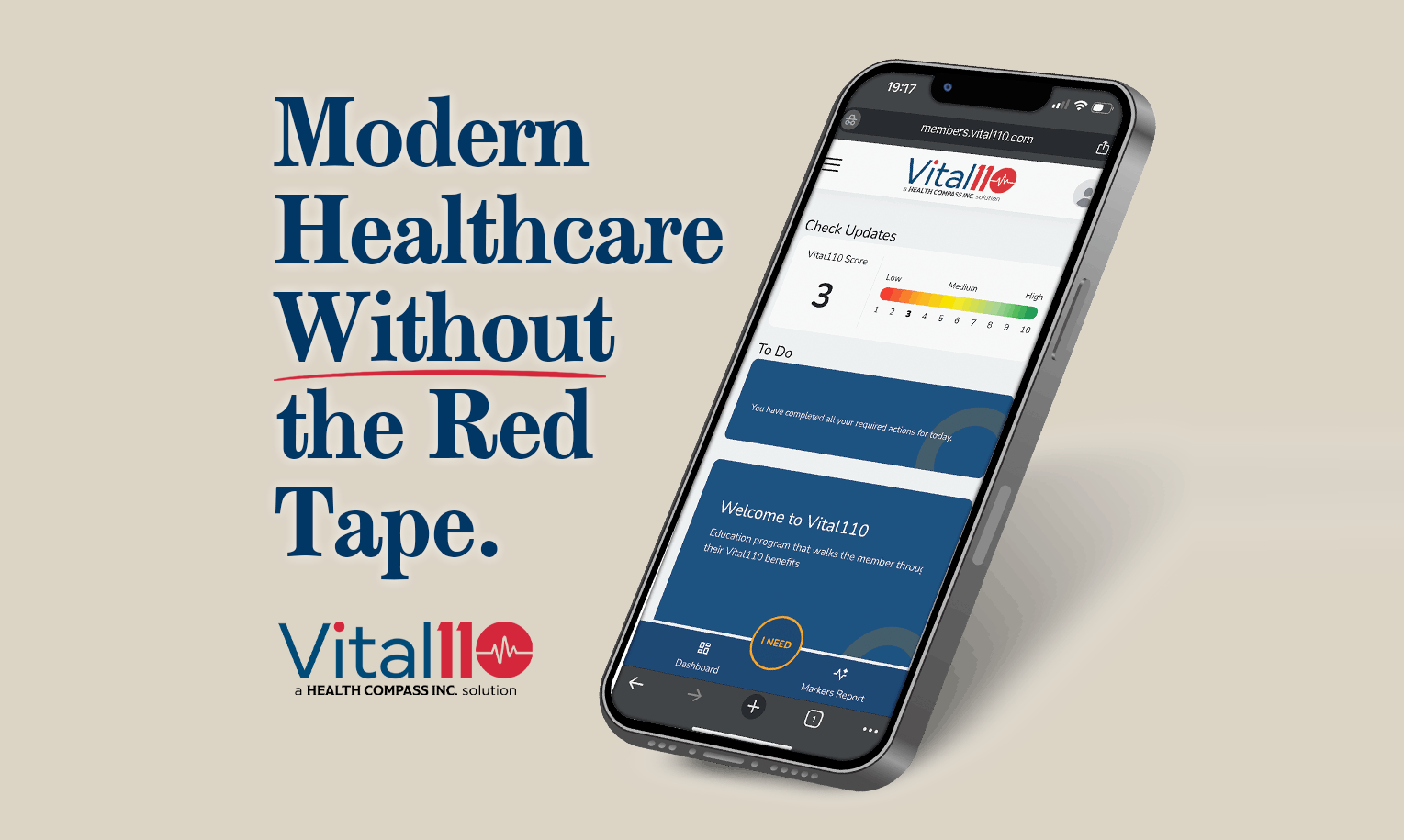10 Simple Ways to Reduce Stress During a Busy Workweek

Stress at work is something almost everyone experiences. Between tight deadlines, back-to-back meetings, and personal responsibilities outside the office, the pressure can pile up quickly. While occasional stress is normal, chronic stress can harm your productivity, relationships, and long-term health. The good news? With the right strategies, you can lower stress levels, boost focus, and feel more in control—even during your busiest weeks.
Here are 10 practical, science-backed ways to reduce stress and bring more balance to your workweek:
1. Start Your Day With Movement
Exercise is one of the most effective ways to combat stress. You don’t need a full workout to feel the benefits—just 10–15 minutes of stretching, yoga, or a brisk walk in the morning can boost your mood and energy levels. Movement releases endorphins, the body’s natural “feel-good” chemicals, which help reduce anxiety and improve focus throughout the day.
2. Prioritize Your To-Do List
Overwhelm often comes from feeling like everything needs to get done at once. Instead, start your day by listing your top three priorities. Focus on completing those before moving on to smaller tasks. By breaking your workload into manageable steps, you can reduce stress and prevent burnout.
3. Practice Deep Breathing Techniques
When stress peaks, your breathing often becomes shallow. This signals your body to stay in “fight or flight” mode. Deep breathing exercises can instantly calm your nervous system. Try the 4-7-8 technique: inhale for 4 seconds, hold for 7, and exhale for 8. Repeat this cycle three times whenever you feel tension rising.
4. Take Short Breaks Away From Screens
Sitting in front of a computer all day can increase mental fatigue and stress. Build in short, screen-free breaks every hour. Stand up, stretch, refill your water bottle, or step outside for fresh air. These micro-breaks improve circulation, reduce eye strain, and give your mind a chance to reset.
5. Stay Hydrated and Eat Mindfully
Dehydration and poor nutrition can worsen stress levels. Keep a water bottle at your desk and aim for consistent hydration throughout the day. Avoid skipping meals—fuel your body with balanced options like lean proteins, whole grains, and fresh produce. Mindful eating, even for a quick snack, helps regulate energy and reduces stress-induced cravings.
6. Learn to Say No
Many employees take on too much because they don’t want to disappoint others. However, overcommitting leads to stress and lower-quality work. Saying “no” respectfully—or suggesting an alternative timeline—protects your mental health and helps you focus on what really matters.
7. Use Mindfulness or Meditation Apps
Mindfulness and meditation are proven to reduce stress and improve focus. Even five minutes of guided meditation can calm your mind and shift your perspective. Apps like Calm, Headspace, or Insight Timer make it easy to practice, even on the go or between meetings.
8. Build Movement Into Your Workday
If you sit most of the day, find small ways to stay active. Try standing during phone calls, walking during lunch, or doing light stretches at your desk. Physical activity lowers stress hormones and keeps your energy levels steady, helping you feel less drained by the end of the day.
9. Create Boundaries Between Work and Home
In today’s connected world, it’s easy to let work spill into personal time. Set clear boundaries by turning off notifications after hours, creating a dedicated workspace if you work from home, and setting a consistent “shutdown routine.” These boundaries help your mind unwind and reduce ongoing stress.
10. Connect With Others
Social support is a powerful stress reliever. Whether it’s catching up with a colleague, talking to a friend, or sharing dinner with family, meaningful connections boost your mood and remind you that you’re not alone. Don’t underestimate the stress-reducing power of laughter and good conversation.
Why Stress Management Matters for Long-Term Health
Chronic stress doesn’t just affect your work performance—it can increase the risk of heart disease, high blood pressure, depression, and sleep disorders. By taking simple steps each day to manage stress, you’re investing in both your short-term productivity and your long-term well-being.
Taking Action Today
You don’t need to implement all ten strategies at once. Start small—choose one or two habits that resonate most with you, and build from there. Over time, these small changes add up to a healthier, calmer lifestyle. Your mind and body will thank you, and your workweek will feel much more manageable.
At Vital 110, we believe that health and wellness should be accessible every day—not just when you’re in crisis. Whether it’s through better stress management, preventive care, or everyday healthy habits, prioritizing wellness is the best investment you can make in yourself and your workplace.
‹ Back









